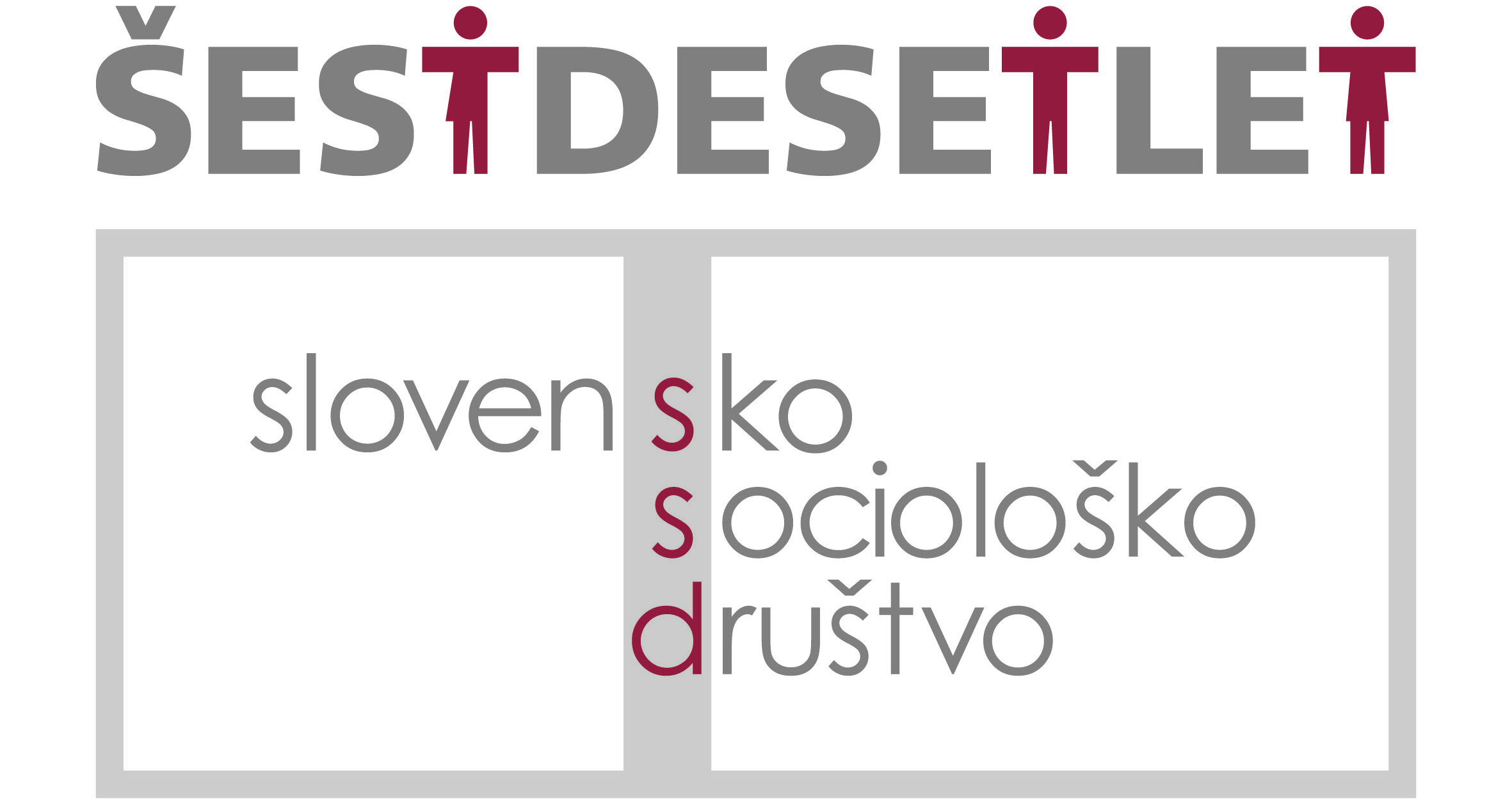Social Science Forum 74 (XXIX)
Identity challenges and social experiences of students with disabilities
Mirjana Ule
ABSTRACT: The paper focuses on the experiences and experiencing of handicap, policies of self-understanding as well as the life plans and aspirations of students with disabilities. In the article, we draw on the results of a qualitative survey of students with disabilities who are studying at various faculties of the University of ljubljana. The research results show that students with disabilities are able to reshape their identities in a way which does not consist of the experienced disability but is independent of it and are capable of accepting their disability as a reality of their own life, without losing a sense of their own purpose of life and life plans. This experience is a significant part of the identity formation of people with disabilities and the precisely produced social experience of people with disabilities strengthens their selfhood and creates new responses and challenges to the contemporary dilemmas of identity formation and identity policies.
KEY WORDS: experience of handicap, disability ethics, technologies of self, identity policies
>> Download
Analysis of discourse about gender and class in the case of the reality show love in the Hayloft
Polona Sitar
ABSTRACT: This article is based on an analysis of the romantic reality show Love in the hayloft. Although it seems as if classical myths of romantic love carry the central meaning, the author’s primary focus is on understanding what kind of discourses the show uses to depict gender and class. Based on this, the author tries to offer an explanation of how the reality show Love in the hayloft constructs the identity of women from a lower social class. Such discourses are important because the stories that can be seen in the reality show are no longer just a part of the private domain, but have become a part of the discourse forming decisions about public policy and democratic civil society. The causes of the show’s high ratings lie in the Slovenian social climate, which during the broadcasting of the show was strongly under the influence of the ideological rise of a conservative and traditional right-wing political party.
KEY WORDS: analysis of discourse, female gender, class, reality show
>> Download
Catfight – the social construction of female aggression
Nataša Pivec
ABSTRACT: the article discusses “catfight” as an umbrella term and pejorative word for any kind of intra-women aggression (relational or physical). the author derives the definition of the phenomenon from challenging a cultural assumption about women and cats (also present in the naming of this act), both constituted as Other, the construction of normative femininity as complicit to hegemonic masculinity, and the gender ambiguity or non-binary of the phenomenon (a catfight as a queer act). An analysis of selected media representations showed that the catfight is positioned as liminal and at the intersection of gender, sexuality and class.
KEY WORDS: femininity, Other, body, queer
>> Download
Response gap in survey questions
Meta Novak
ABSTRACT: The knowledge gap hypothesis states that with the infusion of mass media information the knowledge gap between the information rich and the information poor is widening. Besides the knowledge gap, we can talk about the response gap in survey questions. Using data from the European Social Survey 2010, we seek to test whether the model for explaining the knowledge gap can also be used to explain the response gap in survey questions. Even though the model was not strongly confirmed, it turned out to be useful for explaining the share of nonresponses in the sample of the whole survey (27 European countries) as well as for the case of Slovenia. In the case of Slovenia, the response gap was explained by an interest in politics and education level and not by media attendance.
KEY WORDS: response gap, knowledge gap, European social survey, Slovenia
>> Download
A contribution to the historical-materialist conception of women’s social position in capitalism
Tibor Rutar
ABSTRACT: The paper aims to explain two claims. First, that gender inequality is not an ahistorical phenomenon which manifests itself more or less homogenously in all societies or, at least, in class societies, but that it is conditioned by the specific form of social relations of production that characterise such societies. Second, that the question of gender inequality, which is in itself irreducible, remains fundamentally interrelated with the question of class. With regard to theory, we draw upon Marx’s critique of political economy while, for the purpose of empirically demonstrating our hypothesis, we turn to historical sources and an analysis of official statistical data.
KEY WORDS: Marxist feminism, gender inequality, primitive accumulation, Neo-liberalism, capitalist crises
>> Download
Cyberbullying among youth: an under-researched phenomenon in slovenia
Tjaša Žakelj
ABSTRACT: The article discusses cyberbullying among youth as an under-researched phenomenon in Slovenia. It is enabled by the use of information-communication technologies that is growing among youth and which, in addition to numerous advantages, also brings a new alternative for the perpetration of peer violence. the article deals with noted cyberbullying issues in some european and north American cases of research into the phenomenon, the complexity of the issue and the still developing typology of cyberbullying types, the terminological deficiencies of Slovenian words dealing with types of cyberbullying, the first Slovenian treatment of the phenomenon and arguments for the systematic tackling of the problem for which we currently have no strategies in place to combat it.
KEY WORDS: cyberbullying, youth, the Internet, cyberbullying types
